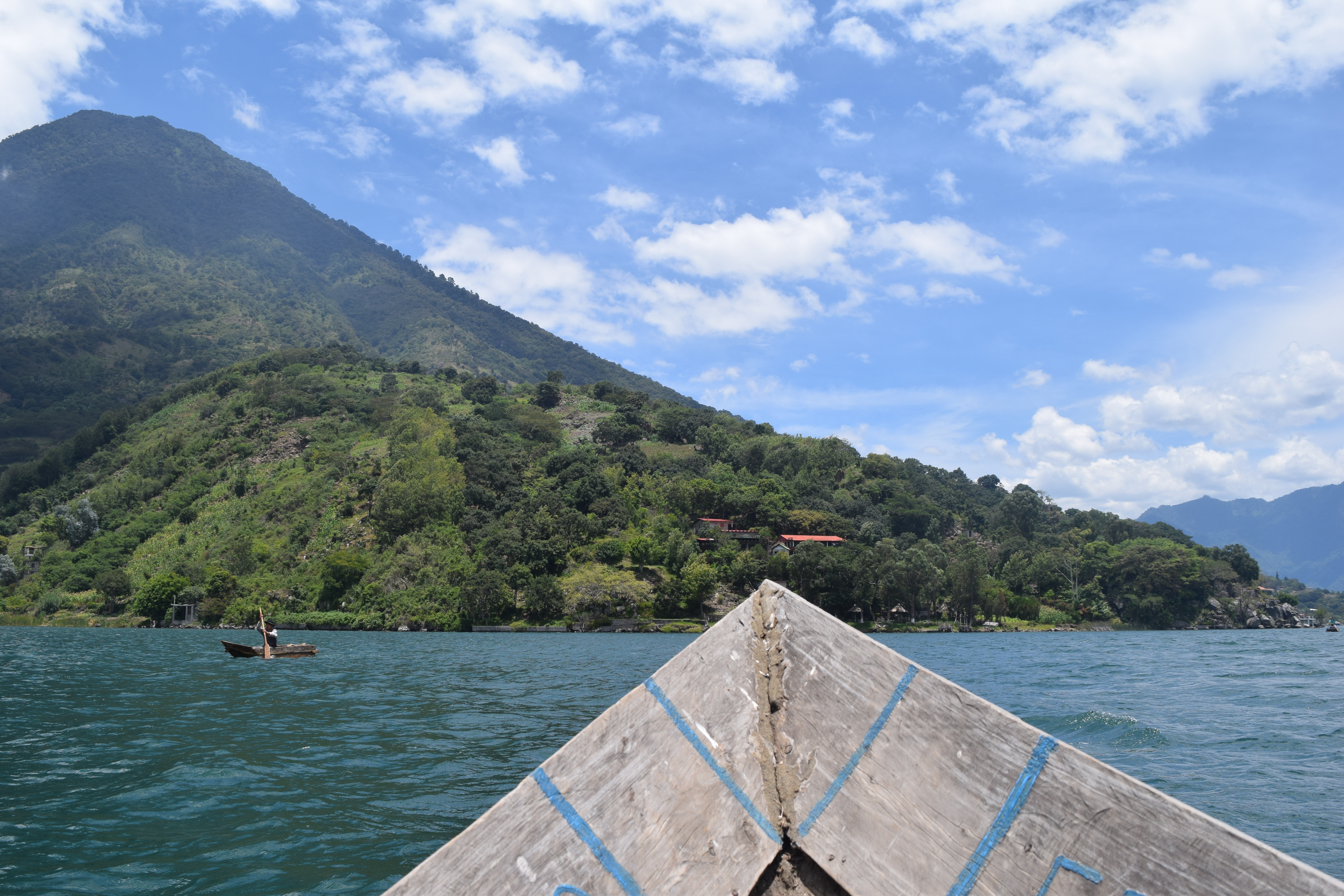
Guatemala boasts a rich array of landscapes, including tropical rainforests, highland cloud forests, and lowland savannas. However, the country faces severe environmental challenges such as deforestation and land degradation, primarily driven by agricultural expansion and unsustainable land use practices. The impacts of climate change, including increased frequency and severity of droughts and floods, further exacerbate these issues, posing significant threats to its rich biodiversity and ecosystem health.
In Guatemala, PROGREEN supports a knowledge program aimed at informing national policies and plans by highlighting the contributions of sustainable forest and landscape management to the economy across various sectors. The program's objectives include analyzing the economic role of forests, evaluating the biophysical impacts of forest management incentive mechanisms, and building capacity within national institutions through the development of guidelines and training on economic analysis tools. The approach involves providing technical assistance and analytical support to enhance the understanding and management of forest resources, engaging key stakeholders such as the National Forest Institute (INAB) and the Ministry of Environment and Natural Resources (MARN).
Progress to date includes ongoing analyses of the economic contributions of forests and the impacts of forest management incentive mechanisms. While capacity-building efforts, including guidelines and training sessions for INAB and MARN, are planned, the component focused on mainstreaming the forest/green landscape agenda into broader strategies and practices has been dropped.